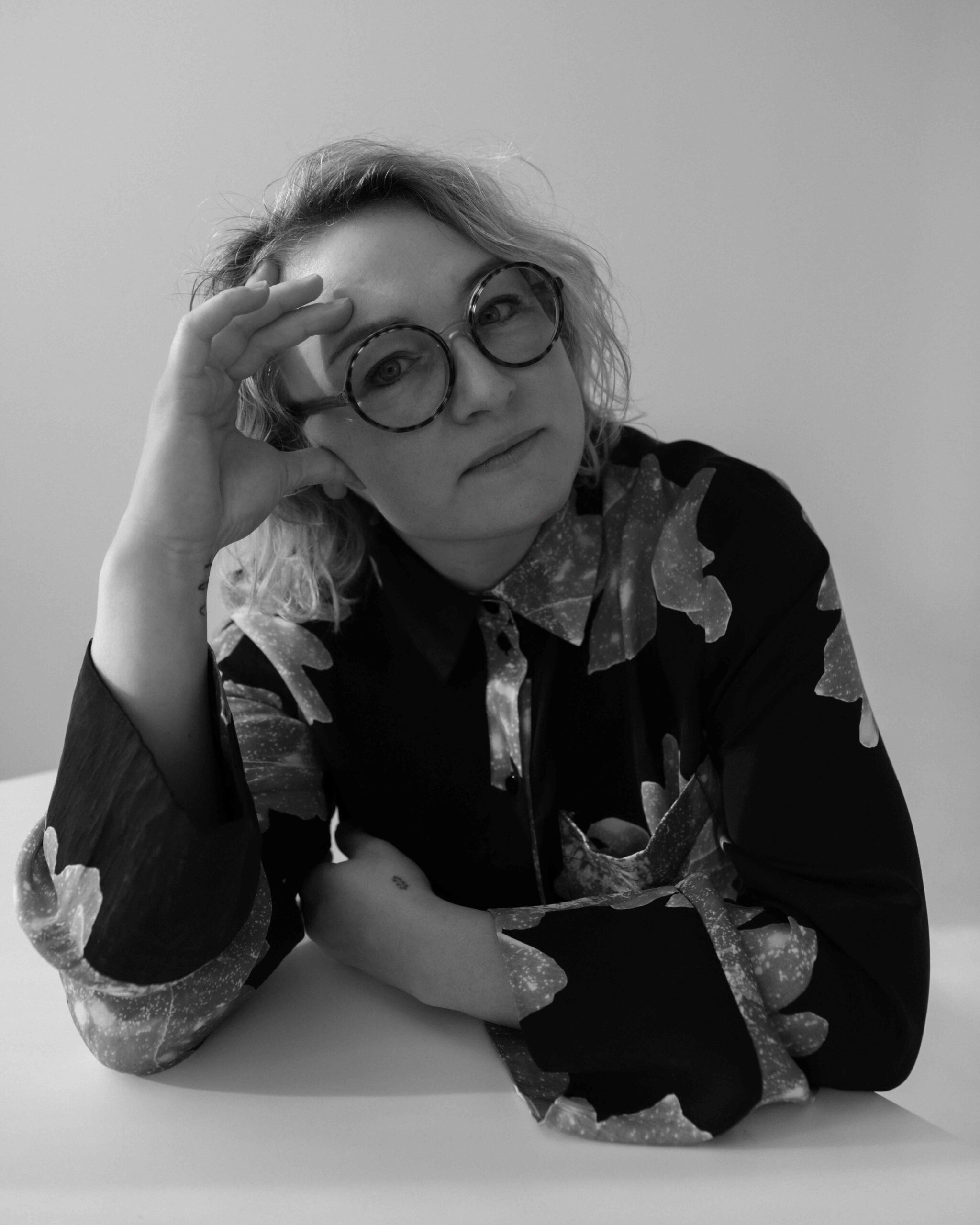
Iza Tarasewicz (PL) was born in 1981 in Białystok, Poland. Her sculptural installations take the form of modular, flexible, mobile, and reconfigurable display systems that combine a raw and modest functionalism with formal logics found in the natural world, scientific experimentation, and graphs and diagrams — figures of thought and charts of relation that systematize knowledge and data and abstractly describe the interaction of phenomena. The artist gets inspiration for her work from the atomism of classical Greek philosophy and from the reality-explanations of 20th-century quantum physics and chaos-theory. Her statues and object-assemblages that may be combined into installations are generated into systems filled with energy, formed from hardly identifiable organic and inorganic materials. She lives and works in Kolonia Koplany, Poland.
June – July
Zagreb, Croatia
As part of the residency, Iza will familiarize herself with the local art scene through visits to studios and exhibitions and will create a new artistic work related to the main themes of the project: ecology, sustainability, heritage, and textile arts. This work will be exhibited at the final exhibitions in Zagreb, Vienna, and Bucharest. In addition to the artistic work, she will also give a lecture at the Putolovac Gallery, June 25, at 7:30 pm, followed by a discussion with Leonida Kovač (AFAR Talk), in cooperation with the discursive program of the doctoral study of Academy of Fine Arts in Zagreb

The AFAR Network project is co-funded by the European Union: ”Views and opionions expressed are however those of the autohor(s) only and do not necessarily reflect those of the European Union. Neither the European Union nor the granting authority can be held responsable for them.”
